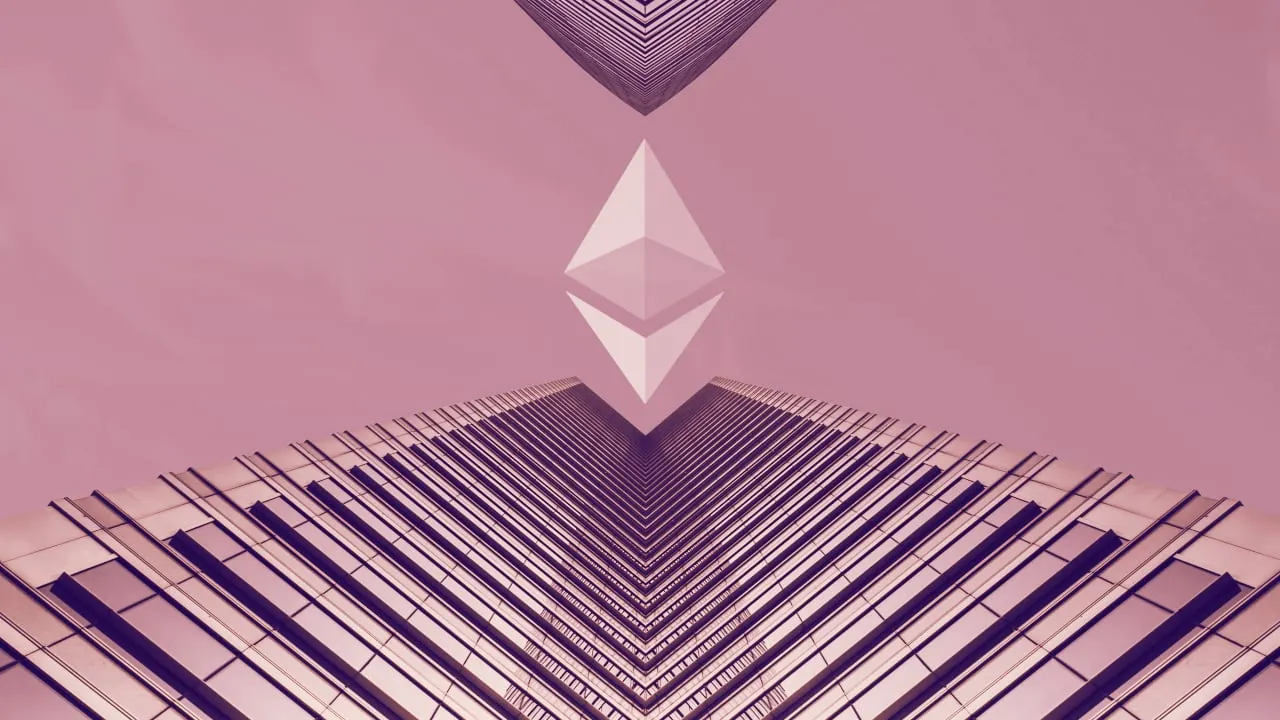Optimism PBC, the company behind the eponymously named Ethereum scaling protocol, today announced that it has created its own DAO—known as the Optimism Collective—and will be airdropping OP tokens to 267,000 Ethereum wallet addresses.
DAOs, short for decentralized autonomous organizations, are blockchain-based groups that collectively make decisions—and typically use a group’s native token to do so. In this case, the Optimism Collective will be tasked with taking the revenue created from Optimism's transaction fees and transforming it into grants for "public goods."
Public goods, in the physical world, are things that aren't owned by individuals—such as infrastructure, public transportation, and clean air. In the digital world, they can be open-source software and content. In Optimism's eyes, its protocol is itself a public good, just like the Ethereum network.
"The Optimism Collective will dispel the myth that public goods cannot be profitable," the Optimism Foundation wrote in a post. "The Collective will consistently provide massive retroactive incentives for public goods which benefit Optimism, Ethereum, and the Collective as a whole."
In short, it sees public-goods funding as feeding into a flywheel effect for Web3.
The Collective is split into two "houses." The "Token House" will govern concerns such as software upgrades, Treasury allocation, and incentive structure. The "Citizens' House" will determine how public-goods funding is distributed.
Both will use quadratic voting, a concept championed by Ethereum creator Vitalik Buterin alongside academics Glen Weyl and Zoë Hitzig. It's designed to reduce the impact of large token holders. Whereas many DAO models allow one vote per token held, quadratic voting makes each additional vote more costly than the last. Therefore, to vote for something two times, for example, would not cost not two tokens but, say, five.
Buterin today tweeted that the Collective is "possibly the biggest attempt at non-token-holder-centric DAO governance so far."
Possibly the biggest attempt at non-token-holder-centric DAO governance so far. Excited to see where this goes.
— vitalik.eth (@VitalikButerin) April 26, 2022
Optimism is what's known as a layer-2 scaling solution. The Ethereum blockchain (a layer 1) is so loaded with decentralized applications and users that it can become sluggish and expensive to use. NFT auctions, decentralized loans, asset swaps, and play-to-earn games all take up real estate on the blockchain.
Optimism helps lessen congestion by creating a second layer on top of Ethereum, gathering up many individual transactions, and rolling them up into one big transaction. Rather than checking beforehand that all transactions are valid, Optimism assumes they are but has a mechanism for handling them if that turns out not to be the case. (It's not called "Pessimism," is it?) The layer 2 then sends that rolled-up transaction back to the Ethereum blockchain.
According to Bobby Dresser, Optimism PBC's head of product, the point of introducing OP, the new native token of Optimism, is to help crypto scale. "The path to a superchain should be paved with public goods," he tweeted.
As part of the launch, Optimism is airdropping 5% of its initial token supply into wallets that have used the protocol, positively contribute to Web3 communities, or could stand to benefit from using scaling technology—perhaps because Ethereum is pricing them out.
Wrote Dresser: "The airdrop includes Gitcoin donors, bridge users, multisig signers, snapshot voters – even if you haven’t used OP, you should probably check whether you’re eligible."
The group has committed additional OP tokens to future airdrops.

